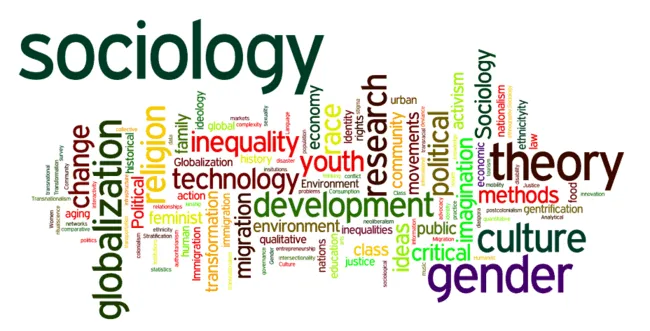Dimensions of Various Theoretical Perspectives

Image Source
Five Theoretical Perspectives
- Role Theory
- Reinforcement Theory
- Cognitive Theory
- Symbolic Interaction Theory
- Evolutionary Theory
These perspectives contrasts concerning the issues they address. They additionally vary as for the variables they regard as imperative causes and effects, and those that they regard as unimportant or coincidental. Basically, every perspective makes diverse suspicions about social behavior and spotlights on various parts of such behavior.
Dimensions of Perspectives
- Central Concepts
- Behaviors Explained
- Assumptions about Human Nature
- Change in Behavior
Central Concepts
Every one of the theoretical perspectives places essential accentuation on various concepts. Role theory stresses roles and standards characterized by aggregate individuals' assumptions about execution. Reinforcement theory clarifies detectable social behavior in terms of the connection amongst stimulus and reaction, and the use of reinforcement.
Cognitive theory stresses the significance of schemas and cognitive structure in determining judgments and behavior. Symbolic interaction theory accentuates the self and role taking as vital to the procedure of social interaction. Evolutionary theory is centered around the genetic transmission of behavioral inclinations and the recurrence with which these behaviors show up in the populace.

Image Source
Behaviors Explained
Despite the fact that covering to some degree, the five theoretical perspectives contrast as for the behaviors or results they endeavor to clarify. Role theory accentuates role behavior and the state of mind change that outcomes from involving roles. Reinforcement theory centers around learning and on the effect of prizes and disciplines on social interaction.
Cognitive theory fixates on the interceding effects of a man's convictions and mentalities on his or her obvious reaction to social stimuli, and it likewise centers around factors that deliver changes in these convictions and states of mind. Symbolic interaction theory stresses the successions of behaviors happening in interactions among individuals.
Evolutionary theory endeavors by and large to clarify how all social behaviors emerge from biological underpinnings, yet it has customarily centered around the behaviors that are most firmly connected to multiplication and survival.
Assumptions about Human Nature
The five theoretical perspectives contrast likewise in their major suspicions with respect to human nature. Role theory, for example, accept that individuals are to a great extent conformist. It sees individuals as acting as per the role desires held by gather individuals.
Interestingly, reinforcement theory sees individuals' demonstrations, what they learn and how they perform, as determined basically by patterns of reinforcement. Cognitive theory stresses the capacity of individuals to see, translate, and settle on choices about the world. Individuals plan concepts and create convictions, and they follow up based on these organized insights.
Symbolic interaction theory accept that individuals are cognizant, self-checking creatures who utilize role taking to accomplish their objectives through interaction with others. Evolutionary theory expect that individuals' behaviors have been formed by the regular choice procedure to look for propagation of their genetic code.

Image Source
Change in Behavior
The five theoretical perspectives vary in their origination of what produces changes in behavior. Role theory keeps up that to change somebody's behavior, it is important to change the role that he or she involves. A change in behavior comes about when the individual movements roles in light of the fact that the new role involves diverse desires and requests.
Reinforcement theory, interestingly, holds that a change in behavior comes about because of changes in the sort, amount, and recurrence of reinforcement got. Cognitive theory keeps up that a change in behavior comes about because of changes in convictions and states of mind; it additionally hypothesizes that these changes in convictions and demeanors frequently result from endeavors to determine irregularity among comprehensions.
Symbolic interaction theory holds that individuals attempt to keep up selfrespect by meeting the gauges of noteworthy others; the topic of which norms are significant is typically settled through arrangement. For behavior to change, the measures held by others and acknowledged as pertinent must move first. A man will identify this move in models by role taking and thus change his or her behavior.
Evolutionary theory isn't worried about short-term changes in singular behavior. Rather, it endeavors to clarify why more people come to display certain behavioral propensities over the ages and why different behaviors end up terminated.

Image Source
References:
Theoretical Perspectives of Psychology
5 Major Perspectives in Psychology
The Variety of Theories in Psychology
Theories of Personality
Posted from my blog with SteemPress : https://steemme.000webhostapp.com/2018/06/dimensions-of-various-theoretical-perspectives